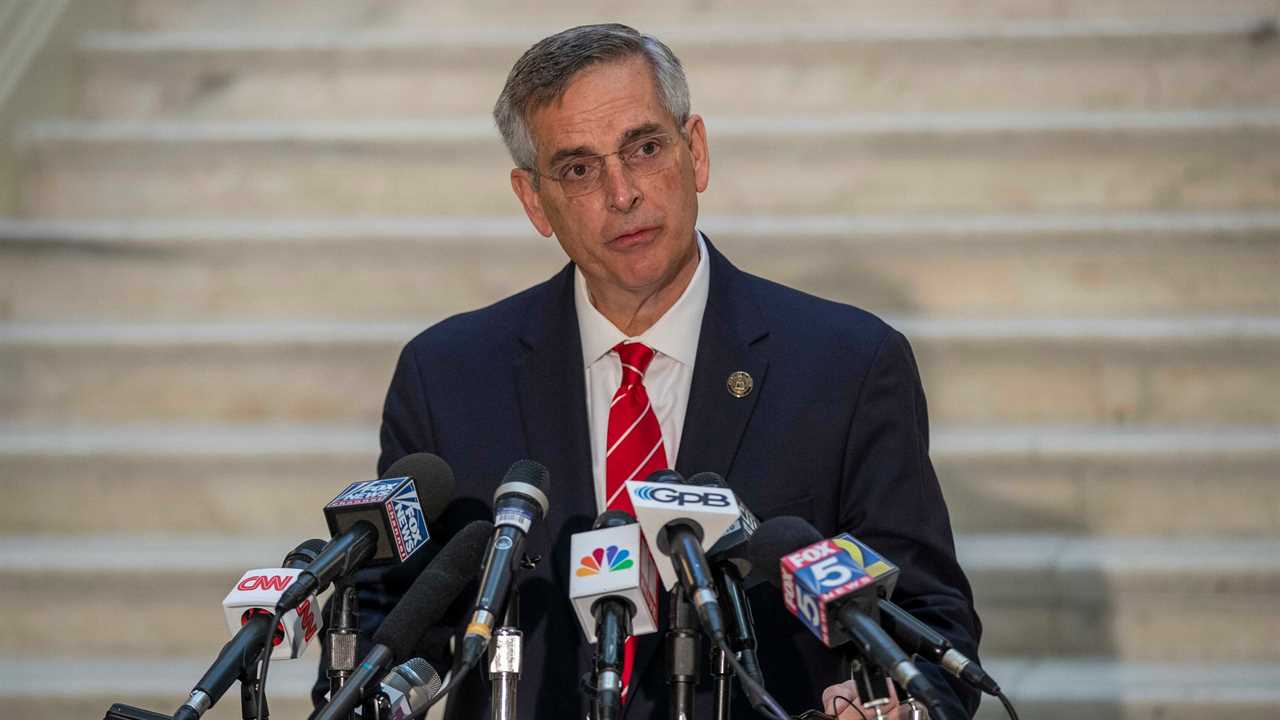
Prosecutors in Fulton County have initiated a criminal investigation into former President Donald J. Trump’s attempts to overturn Georgia’s election results, including a phone call he made to Secretary of State Brad Raffensperger in which Mr. Trump pressured him to “find” enough votes to help him reverse his loss.
On Wednesday, Fani Willis, the recently elected Democratic prosecutor in Fulton County, sent a letter to numerous officials in state government, including Mr. Raffensperger, requesting that they preserve documents related to Mr. Trump’s call, according to a state official with knowledge of the letter. The letter explicitly stated that the request was part of a criminal investigation, said the official, who insisted on anonymity to discuss internal matters.
The inquiry makes Georgia the second state after New York where Mr. Trump faces a criminal investigation. And it comes in a jurisdiction where potential jurors are unlikely to be hospitable to the former president; Fulton County encompasses most of Atlanta and overwhelmingly supported President Biden in the November election.
The Fulton County investigation comes on the heels of a decision on Monday by Mr. Raffensperger’s office to open an administrative inquiry.
Ms. Willis has been weighing for several weeks whether to open an inquiry, after Mr. Trump’s phone call to Mr. Raffensperger on Jan. 2 alarmed election experts who called it an extraordinary intervention into a state’s electoral process.
That call was one of several calls Mr. Trump made to top Republican officials in the state in an effort to uncover instances of voting fraud that might change the outcome.
Former prosecutors said Mr. Trump’s calls might run afoul of at least three state laws. One is criminal solicitation to commit election fraud, which can be either a felony or a misdemeanor; as a felony, it is punishable by at least a year in prison. There is also a related conspiracy charge, which can be prosecuted either as a misdemeanor or a felony. A third law, a misdemeanor offense, bars “intentional interference” with another person’s “performance of election duties.”
Mr. Biden’s victory in Georgia was reaffirmed after election officials recertified the state’s presidential election results in three separate counts of the ballots: the initial election tally; a hand recount ordered by the state; and another recount, which was requested by Mr. Trump’s campaign and completed by machines. The results of the machine recount show Mr. Biden won with a lead of about 12,000 votes.
Mr. Biden was the first Democrat to win the presidential election in Georgia since 1992.






